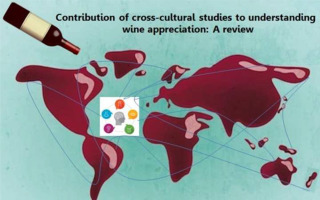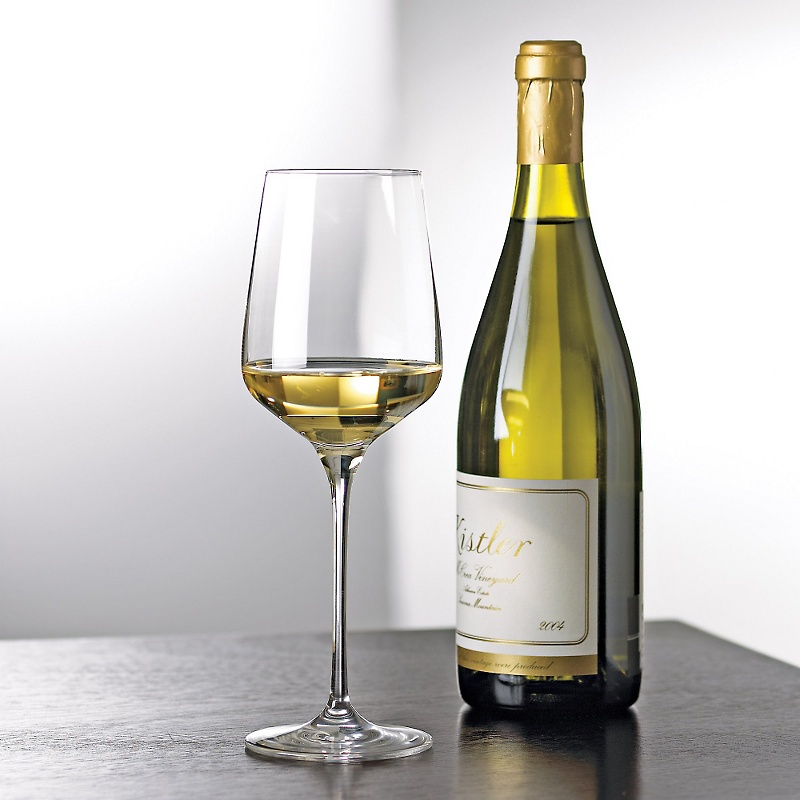How does cultural influence mold what people love in a wine?

I understood how cultural influence molded people's love for wine when I moved to the US 20+ years ago. I arrived in a new world of wine where no wines tasted like they tasted back home. Over time, I learned to appreciate the bolder flavors of Californian wines; however, I always find some comfort when I go back to the cool-climate wine types that I learned to understand early on my wine education journey.
Is it due to what we call cultural influence?
Wine is loved across continents, and cultural influence should play a role in what people like or do not like in a wine style. Is this true?
H. Rodrigues and W. Parr summarized the current knowledge on cultural influence in a publication entitled: "Contribution of cross-cultural studies to understanding wine appreciation: A review."
The two researchers looked for scientific articles tagged by the keywords "wine and culture." They organized their review in four categories, based on the article focus:
- Intrinsic wine qualities, i.e., sensory attributes of the beverage
- Extrinsic wine qualities, including label, price, and other information you could read on the bottle
- Conceptual understanding of wine appreciation, considering factors like production method (organic, conventional), or how different consumer demographics differed in their wine understanding.
- Emotional responses to wine, i.e., how certain wine qualities make people feel emotionally.
Cultural influences can indeed affect how sensitive we are to particular flavors, regions of origin, price, or how we consume wine and on what occasions.
The big question the review tries to answer is:
To what degree our culture influences our perceptions about wine, our language for wine, how we interpret our wine experience, or the representation of good and bad wine?
Let's understand more about cultural influence on wine appreciation, especially on our appreciation of wine qualities.
Cultural influence on intrinsic wine qualities

It is natural to think that we will like more the wines we taste most often.
As I shared in a previous article, our preferences for wine developed from the different exposures and experiences we have with particular wine styles. I grew up on cool-climate flavor profiles, and they are my go-to wines.
Becoming a wine lover requires five ingredients
Rodrigues and Parr, however, found that there were no consistent findings to support the role of wine familiarity or availability on our preferences for wines.
Several studies showed that the appreciation of wine quality differed more by our level of expertise than by our cultural influence.
In terms of descriptive language, the authors reported a study comparing French and Spanish tasters. The study showed that trained wine tasters tended to describe wine aromas in similar ways; however, their description of sourness and wine balance differed, suggesting a possible cultural influence in describing in-mouth perceptions.
Cultural influences on extrinsic wine qualities

The authors report several studies comparing wine appreciation by western and eastern cultures.
For example, they found that:
- Australian consumers placed flavor/taste as their top reason to choose a wine, whereas Korean consumers placed health benefits first.
- Chinese and American consumers tended to agree on the types of glassware appropriate for serving white or red wines.
- Wine knowledge played a stronger influence than culture in the evaluation of wine quality from extrinsic characteristics when French and Spanish consumers chose wines.
Perspectives on cultural influence on wine appreciation
The two scientists concluded that cross-cultural research on food and wine appreciation is still in its infancy. However, several studies in their review showed the importance of our previous experiences on how we understand and appreciate wine. Several results showed that developing our wine knowledge and expertise tended to diminish the possible cultural influence on our wine appreciation.
The findings shared in this article reinforce the importance of practicing and tasting different wine styles. The more you become knowledgeable, the less your culture will influence your evaluation.
That's maybe why I finally identified several qualities in Californian wines that I truly enjoyed.
I love reading your comments and suggestions
Submit them
using this link
Published January 26, 2020
Reference
Heber Rodrigues, Wendy V. Parr. Contribution of cross-cultural studies to understanding wine appreciation: A review. Food Research International, 115, 2019, 251-258, ISSN 0963-9969,



